What is a domain registrar? Lets make this easy – a domain registrar helps you purchase and manage your own domain name.
A domain name is the address a website uses on the Internet. For example, ours is themeisle.com.
If you want to make a website, you need a domain name, which means that you’ll need to interact with a domain registrar in some way.
This guide clarifies what is a domain registrar, how they process domain name registrations, as well as how they differ from a domain registry, domain name host, and the DNS system.
Let’s get into more detail…
What is a domain registrar? In more detail 🐱💻

Like I mentioned before, you need to buy and register your domain name. You can buy one of these from a domain registrar. A domain registrar is a person or entity who helps you to buy and register a domain.
Helpfully, most registrars offer intuitive tools that help you search available names. On your part, you simply fill in the name of your choice and make payment.
In practice, domain names are not sold to you outright. You only get to lease the names for a period of time. Most domain registrars keep track of expiry dates and offer renewal services too.
How domain registrars work ⚙️
A domain name is not the type of thing that you can buy off the shelf. The process here follows a systematic protocol, which is coordinated by a top-level nonprofit authority called ICANN (Internet Corporation for Assigned Names).
Simply put, ICANN oversees domain registration. Domain names only become valid after they’re entered into its central registry (domain registry).
The role of the domain registry is to manage and maintain domain names. This leaves the task of selling domain names to domain registrars.
Now, to become a domain name registrar, you need accreditation from ICANN. And with that, you get to sell domain names to the public either directly or through re-sellers.
Here’s a word of advice, though – if you’re looking for proper services, it’s best to buy your domain names directly from the domain registrars, not re-sellers.
Otherwise, when it comes to choosing registrars, it’s important to note that not all domain registrars offer a wide range of extensions. Domain extensions are those suffixes that come after the domain name. We’re talking about .com, .edu, and .org, as well as country-specific extensions such as .en, .in and .au.
Verisign, for instance, maintains the registry for .com domains. So, if you ever want a .com domain for your website, you’ll have to buy it from a domain registrar who deals with .com extensions. The registrar will inform Verisign to reserve the domain for you, and will pay a fee to Verisign on your behalf. The registrar includes this fee in the amount they collect from you.
Should you go with the one-trick pony or the one-stop shop?
Nowadays, many companies function on a hybrid model where they offer domain registration services along with other things like hosting, privacy administration, and domain transfers. This means you can go to one place to register your domain name, set up your website, get hosting, and take care of everything you need without jumping around.
If you’re able to, we recommend getting your domain name from a company that follows this one-stop shop business model versus one that is solely focused on domain name registration. At the very least, go with a company that functions as both a domain registrar and a hosting provider. Otherwise, you may have to pay an additional fee to transfer your purchased domain over to a web host.
If you wish, you can find out more about hosting here. In case you’re particular about WordPress hosting, this post will help you.
FAQs on domain name registrars 💡
Over the years, the Internet Corporation for Assigned Names and Numbers (ICANN) has accredited over 4,000 domain registrars, 2,650+ of which are still active. You’ll find their names, IANA numbers, and contact details on the list of ICANN accredited registrars [1].
A domain registrar is accredited to register and reserve your domain name, while a domain host manages your Domain Name System (DNS) records. The former is where you go to purchase a domain name, whereas the latter offers a system for tweaking your DNS records and linking the domain name with websites plus email addresses. Nowadays, many companies function as both.
A domain name registrar sells domain names, while a domain registry is a database of the ownership records for domains registered under specified top level domains (TLDs). The registry sets up domain name extensions, defines the rules for registration, and then works with registrars to sell domain names to the public.
No. A domain registrar is the operator that reserves your domain name, whereas DNS (Domain Name System) is the directory that connects your registered domain name to your website’s IP address.
Domain registrars acquire domains from domain registries. If you choose to purchase a .com domain, for example, it’s the domain registry Versign that’ll assign the available domain name to your registrar, who’ll then facilitate the sale and registration.
To become a domain name registrar, you must pay a non-refundable application fee of $3,500, followed by an annual accreditation fee of $4,000.
Yes and no. While some registrars offer free domain name registration, the services always come with a caveat. You’ll probably find the free domain bundled into a premium web hosting package. If not, the free domain registrar might restrict you to a handful of little-known domain name extensions.
From a legal standpoint, it doesn’t matter who your domain registrar is – any ICANN accredited registrar can sell you a domain name. In terms of value and choice, however, your domain registrar does matter – as their TLD options (e.g., com, net, org) and domain administration services tend to vary. In other words, weigh your options carefully.
Next steps & how to get started 👣
If you want to get started with a domain name and domain registrar, we have plenty of guides to help you out.
First, we’ve collected the best affordable domain registrars. We also have an entire guide on how to register a domain name.
If you just want a quick recommendation, Domain.com works great as a domain registrar. Alternatively, if you want to get your hosting and domain from the same place, check out Bluehost.
If you’re not sure which domain to purchase, we have some tips on how to pick a domain name, as well as a guide to domain extensions (like .com vs .net).
If you’re still short on ideas, you can always use a domain name generator.
And once you have a domain name, you can follow our complete guide on how to make a website to turn your domain into a working website.
Any other questions about what a domain registrar is? Leave a comment and we’ll try to help!



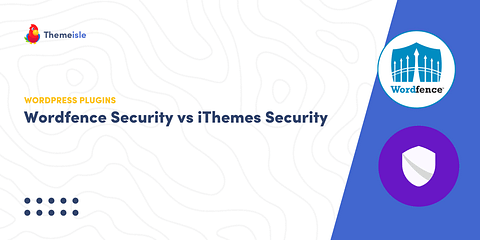


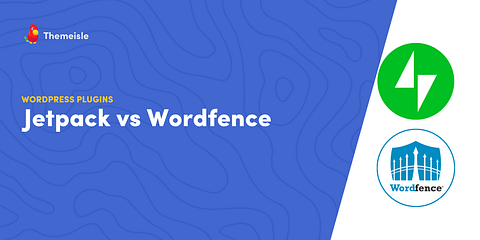





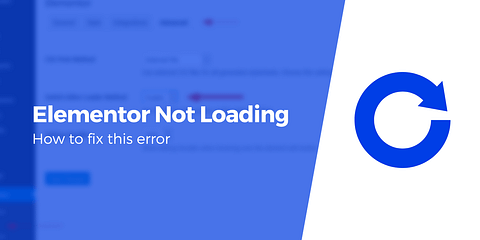
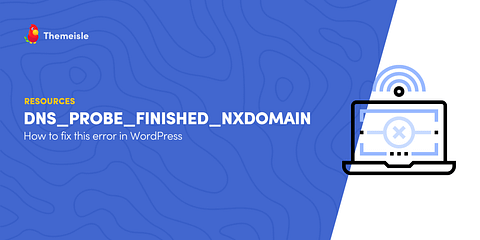
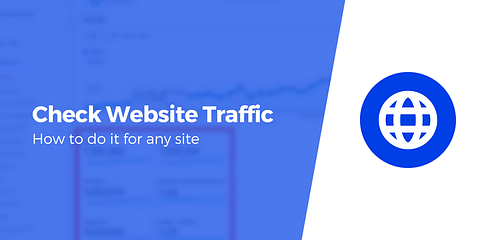
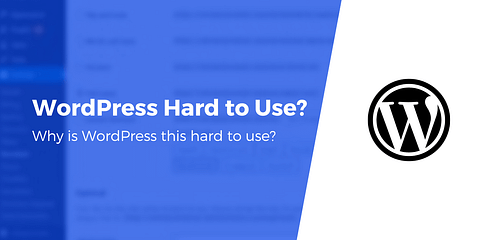




Or start the conversation in our Facebook group for WordPress professionals. Find answers, share tips, and get help from other WordPress experts. Join now (it’s free)!